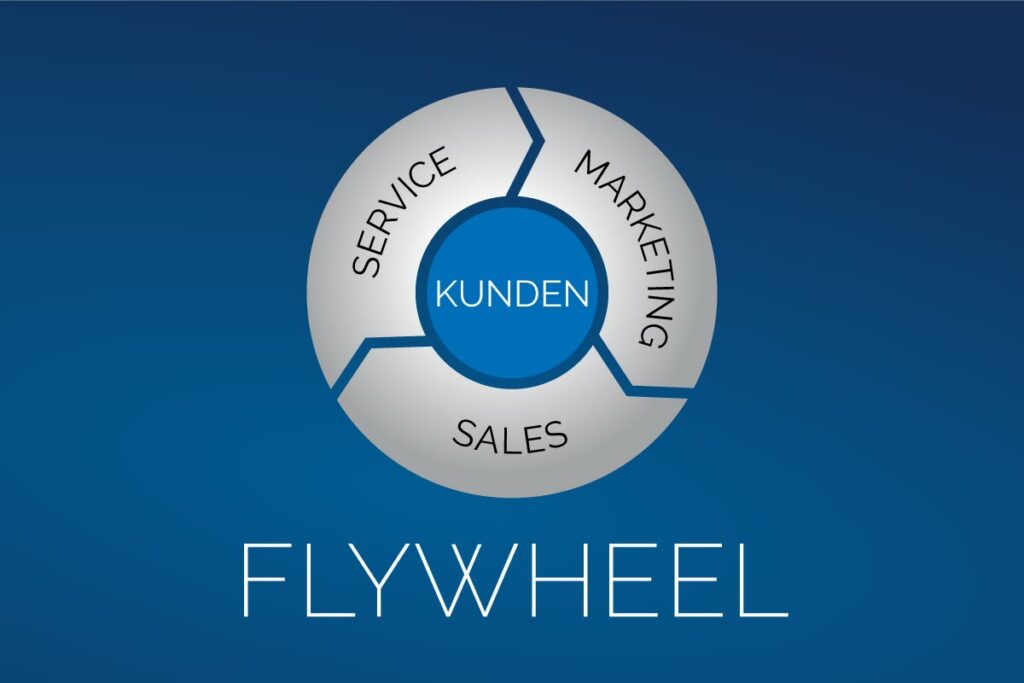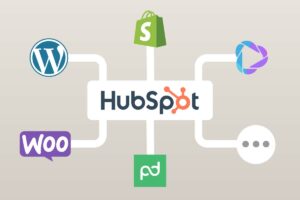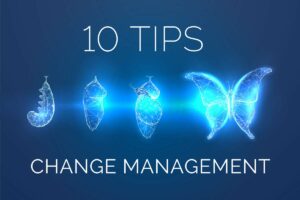No, you don’t have to jettison your sales funnel model. Just develop it into an overall strategy for your company: a flywheel for longer-lasting customer relationships, more sales and sustainable growth.
Purchasing decisions are increasingly being made differently because customers have become more demanding and critical. They increasingly trust the recommendations of colleagues, friends and people with similar interests. They seek advice on the Internet and social networks and browse review sites.
Therefore, a new method is needed for effective lead generation, customer targeting and customer retention – the Flywheel.
What is the Flywheel?
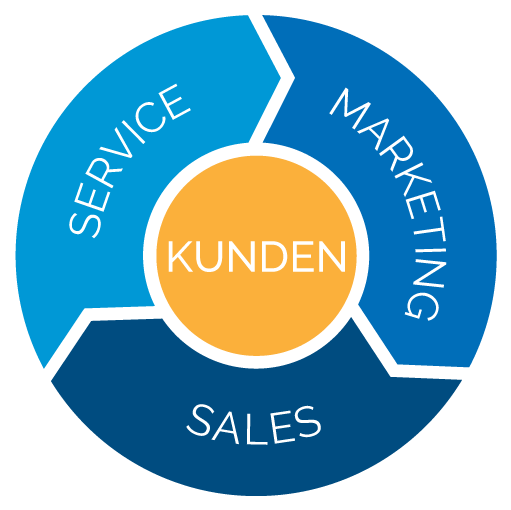
HubSpot’s Flywheel puts customers at the center. Everything revolves around them. Marketing, sales and service go hand in hand. No matter where, how and when the customers land in the company: They are accompanied personally and according to their individual needs at all times – even after the deal has been closed.
The result: Customers become enthusiastic, loyal regular customers and recommend your company to others. You will Advocate and brand ambassador and Recruit new customers. The faster the wheel turns, the less energy you have to put into generating leads yourself. Your customers do that for you.
From the Sales Funnel to the Flywheel Model
The Flywheel
The Flywheel model is based on the principle of James Watt’s flywheel. Once set in motion, it develops an enormous momentum of its own. It is the energy of your customers that keeps the wheel turning and supports your growth. The Flywheel differs from the Sales Funnel, in which you have to constantly expend new energy to win customers.
The Sales Funnel
The sales funnel is a linear model for designing sales processes. First, you fill many resources into the hopper. In the end – if it goes well – a few newly acquired customers come out. For further acquisition you start again from the beginning. The driving force in the sales funnel is your resources. These must first be earned.
Sales Funnel and Flywheel in comparison
The Flywheel, on the other hand, is much more efficient and effective. It continues to rotate continuously. Customers remain involved in the company’s processes. They become regular customers and help to further increase your company’s success – with significantly less use of resources.
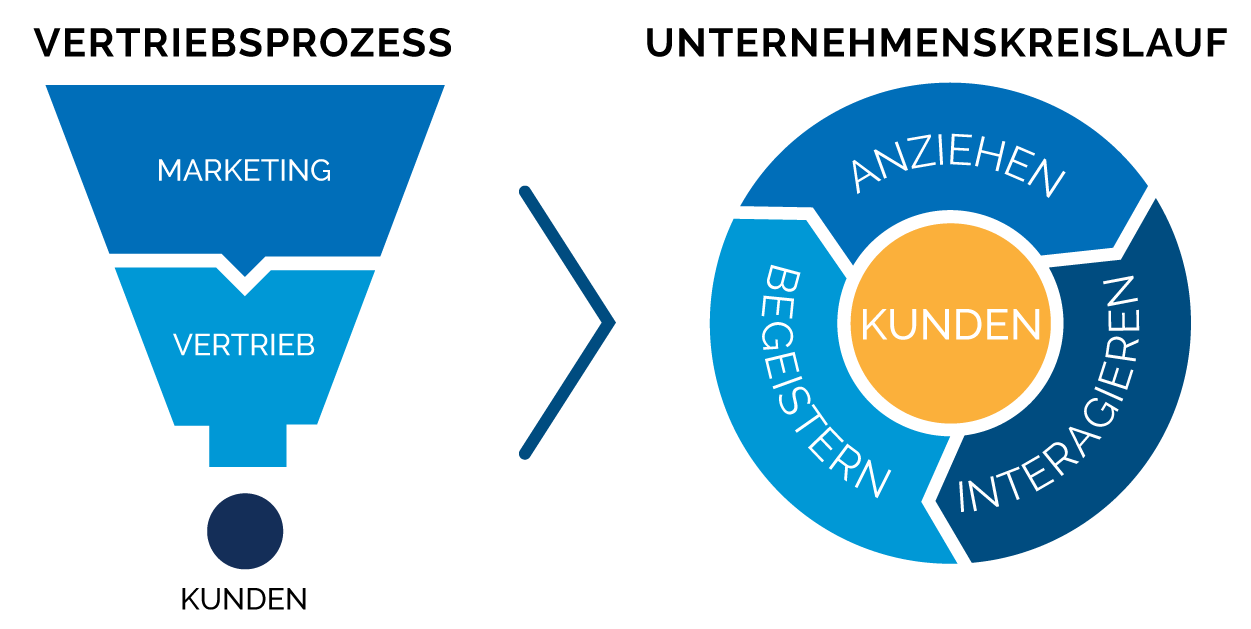
Using the Flywheel doesn’t mean you completely banish all sales funnels from your business. A funnel can help to take a closer look at specific aspects of your business processes and optimize them. In terms of overall strategy, however, all processes should be interlinked, mutually dependent and together form a cycle – as in the Flywheel.
"The better your company's customer experience, the harder it will be to slow down flywheel success."
Summary
The prerequisite for your flywheel to run smoothly: the friction between marketing, sales and service must be as low as possible. Therefore, all departments and units in your company cooperate and play into each other’s hands. Leads are not simply passed on or handed over, but build on each other – in other words, continuous team play.
Inbound methodology for even more success with the Flywheel
Ideally, you combine the flywheel with the inbound methodology to establish even more qualified customer relationships. You can read more about this in our next blog post.
If you would like support in the introduction of the Flywheel, we will be happy to advise you and help you reach your potential customers in the best possible way.
Until the next update – your Growth Ninjas,
Adrienne, David, Hermann, Johannes, Katharina B., Stefan K. & Stefan G.
You might also be interested in

